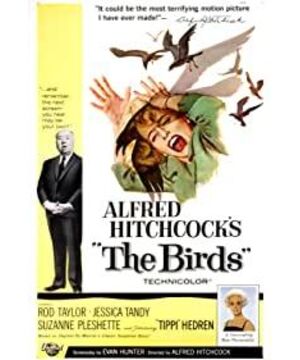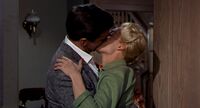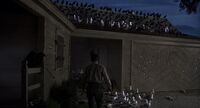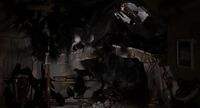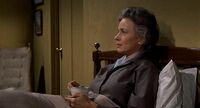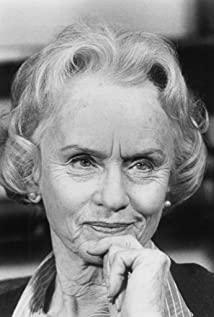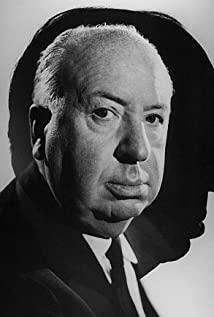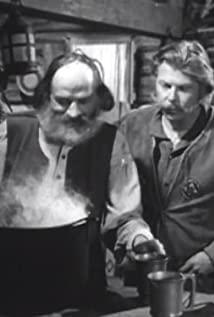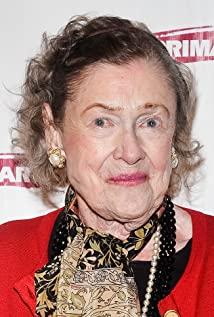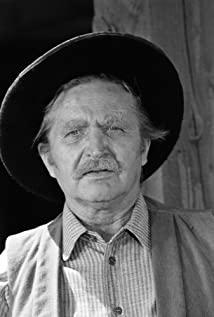Compared to the intact lovebirds, the victims are distressing. But the director seems to be willing to protect the token of love.
Is there really love? Or because in the store, the man spoke out about the woman's history and alluded to his criminal behavior, so the woman was angry and panicked and had to start a defense?
Although Hitchcock's films are often classified as suspenseful, and are almost a chapter that cannot be ignored in an introductory film textbook, he accurately controlled the audience's attention with his predatory ecstasy art, but driven by the tension of successive questions, What he wanted to show was obviously not a conclusive answer.
There seems to be a clear correspondence between flocks of birds and interlopers. The woman was indeed a strange visitor. As the strange appearances appeared again and again, not only the man's family, but the entire town panicked over this incredible attack. People got into debate in the restaurant until finally someone shouted, "You're the devil!"
I think this is Hitchcock's least brutal cruelty. Because she couldn't even prove that she wasn't the source of all this evil. Naturally, when guilt and redemption seem to look up to the sublime in the most humble, love becomes a dangerous item. She had to switch from gaming to fighting under the shroud of disaster.
In all relationships, she may be more of a child. Whether it's to justify the madness of the past to the person he loves, or to despise and fear death, to be hard to let go of maternal love, and to accept new friends, they all seem innocent.
If genre films have to sacrifice more fleshed-out characters, the director's insistence seems to be in the same line. Her self-esteem and curiosity must be rescued from the perilous darkness and reconciled with her cowardly and indifferent mother.
View more about The Birds reviews


